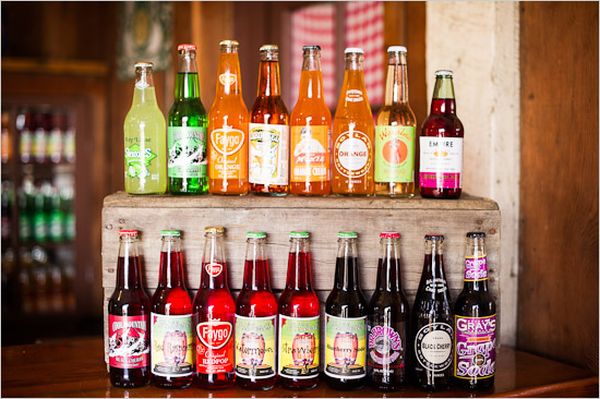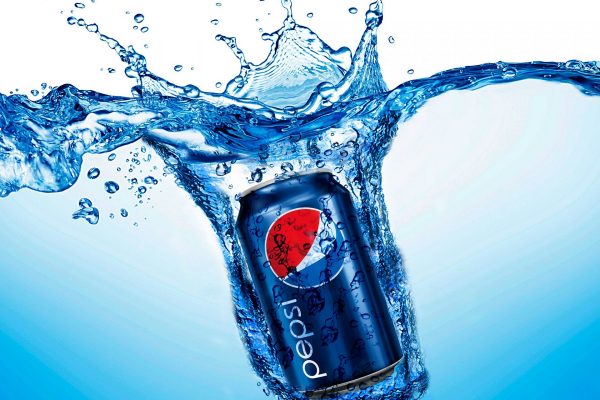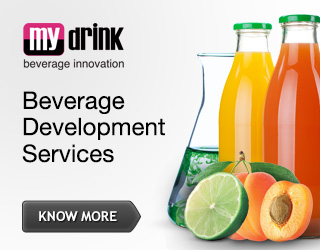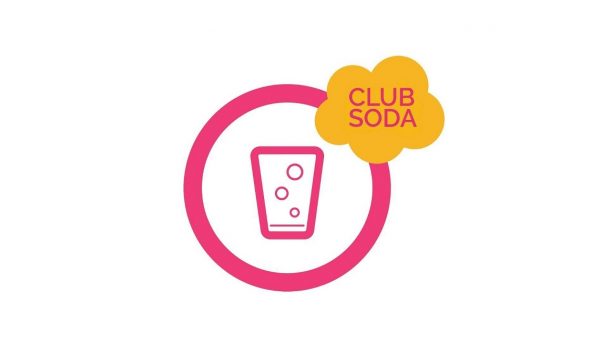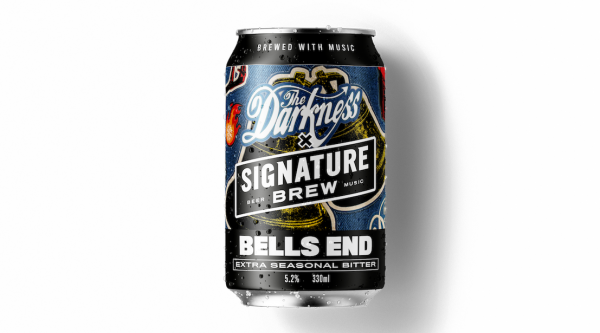How To
Emerging Markets Ali Khan-Bajauri: Is there a short-cut to Brand Building?
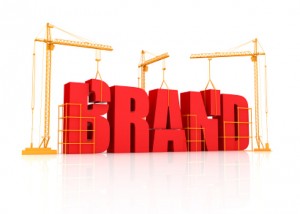 In a mature-developed regulated economy, the MOST critical aspect of brand building will always be marked by Consumer TRUST and credibility of Brand claims. Regulatory bodies and Consumer watchdogs play a huge role in policing and reporting malpractices and misleading claims.
In a mature-developed regulated economy, the MOST critical aspect of brand building will always be marked by Consumer TRUST and credibility of Brand claims. Regulatory bodies and Consumer watchdogs play a huge role in policing and reporting malpractices and misleading claims.
However, in emerging markets, despite regulations, it is more difficult to authenticate credibility of claims. Therefore, Consumer “Trust” is built either by celebrity endorsements, international credibility or a long history of consistent performance. (You just have to visit India to see the role of celebrity endorsements!) That does make establishing credibility of new, local brands very challenging – and many marketers rely totally on driving awareness via mostly a mix of TV media and celebrity endorsements – if possible supported by mobile/social media marketing.
In emerging markets, it matters less on what you CAN say about your brand – what matters more is that the people remember your brand name (and you are well distributed and available.) Brand teams are not pushed (by environment or regulatory pressures) to help a regular consumer understand unique benefits of the products and brands. This is also partly driven by a direct correlation of brand advertising vis-à-vis its stage of product life cycle – since most categories are still in growth phase, what brand campaigns really emphasize are basic category benefits and not unique brand values.
It is difficult for consumers to authenticate product performance and quality claims. Also driven by the rapidly changing market situations – and in hope to stay top-of-mind versus more established brands – marketers are forced to frequently change their brand messages – hoping that something NEW would stick! Hence, what matters more is RECALL of the claims, rather than true belief in them. So what you stated in January of 2013 about your products maybe very different from what you say about it a year later – which is obviously never a good thing for brand development.
It really boils down to pricing strategy to create consumer-brand relationship and relevance. And hence you see a lot of dependence on Price Point to create a semblance of a sustained relationship.
Note as mentioned previously, all of this is really a discussion about new, local brand struggling to establish themselves. Admittedly this is not such a huge challenge for International Brands imported in by MNCs – you bring a Starbucks or Dove to India, your job is far less tedious and way more glamorous.
Does our Talent Rewards system create stronger Brands?
One can say, if all marketing books preach the same thing why do young Marketers struggle to do what is right? I believe one primary reason is how Organizations use them and reward them. Most young marketers believe that their career progress is hinged on launching noise-worthy Ad campaigns. Their KPIs include short term metrics such as month-to-month brand awareness, quarterly growth, ad recall, social media buzz – instead of metrics that drive Brand Health such as loyalty/share of requirement, household penetration, sustained sales performance or an improving CDI. But organizations and senior managers do not realize, that by using these misdirected KPIs, that they are actually hurting their talent’s development as well as the long term health of their organization.
So how does all this misplaced reward system impact the Marketers’ effort:
- Their focus is not on understanding “WHO” the Consumer is – basic demographics (age, gender, income etc.) alone are the most archaic, misleading and incomplete way of defining a consumer profile!
- There is little effort in understanding consumer “need-state” – “WHY” do they choose your brand? Category drivers pretty much define brand message.
- And finally have you clearly articulated “HOW” the brand fulfills the identified consumer needs?
THE 6-STEPS CHECKLIST FOR BRAND BUILDERS
In a short checklist I have stated a 6-Steps approach to Brand Building – very relevant and an imperative for new brands – particularly in emerging markets. This checklist is simply a reinforcement of what most marketers are taught about building branding in schools and should always be part of the essential toolkit:
Always start with identifying your current and potential consumers based on their lifestyles and psychographics. Demographics are a small subset of the complete consumer profile.
- Understand your consumer’s need-states. Quantitative U&A studies are not sufficient. Conduct consumer diaries and ethnographies for a deeper, better understanding.
- The goal is to create LOYALTY – not just AWARENESS. These days awareness can be driven without Brand Managers – by a half-decent ad agency with access to media funds.
- Spend days writing and rewriting a succinct Ad Brief. (BRIEFS are the most significant document in the making of a brand – and a skill that all brand managers need to develop to almost perfection.) The minimum a brief must clearly state are the consumer need-states AND how your brand benefit satisfies that need. Also make sure it considers or builds on the last AD brief. Ask for a Brief review and get feedback from marketers around you – INCLUDING the ones at the agency.
- Take risks with BIG, ORIGINAL creative ideas. Test drive them (if possible) not just research concept boards. (Copying other Ad templates or celebrity endorsements might give you visibility but poor brand uniqueness and loyalty.)
- Your media strategy should be tailor-made to your Consumer Profile. Focus it! Being a little bit on every possible medium is NOT always the best way to maximize ROI on your media spend.
In the long-term it is easier to create consumer loyalty with a steady message and quality rather than creating a unique/original mind-blowing campaign every few quarters.
Brands play a HUGE role in making our lives better, safer and happier. The Consumer bottom-line is always very human and basic … Brand-Consumer relationship is just like any relationship – there is no “single moment of truth” – it takes many years and many moments of consistent behaviour to establish what is true and what builds trust – and there is NO shortcut to it!

